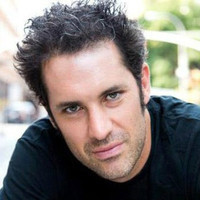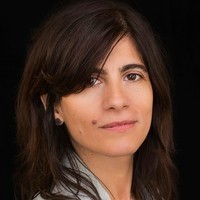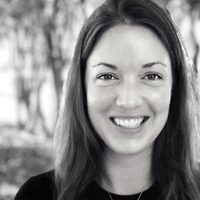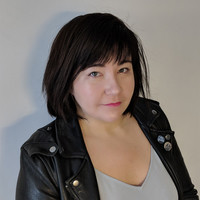The Code That Controls Your Money
COBOL is a coding language older than Weird Al Yankovic. The people who know how to use it are often just as old. It underpins the entire financial system. And it can’t be removed. How a computer language controls the financial life of the world.







